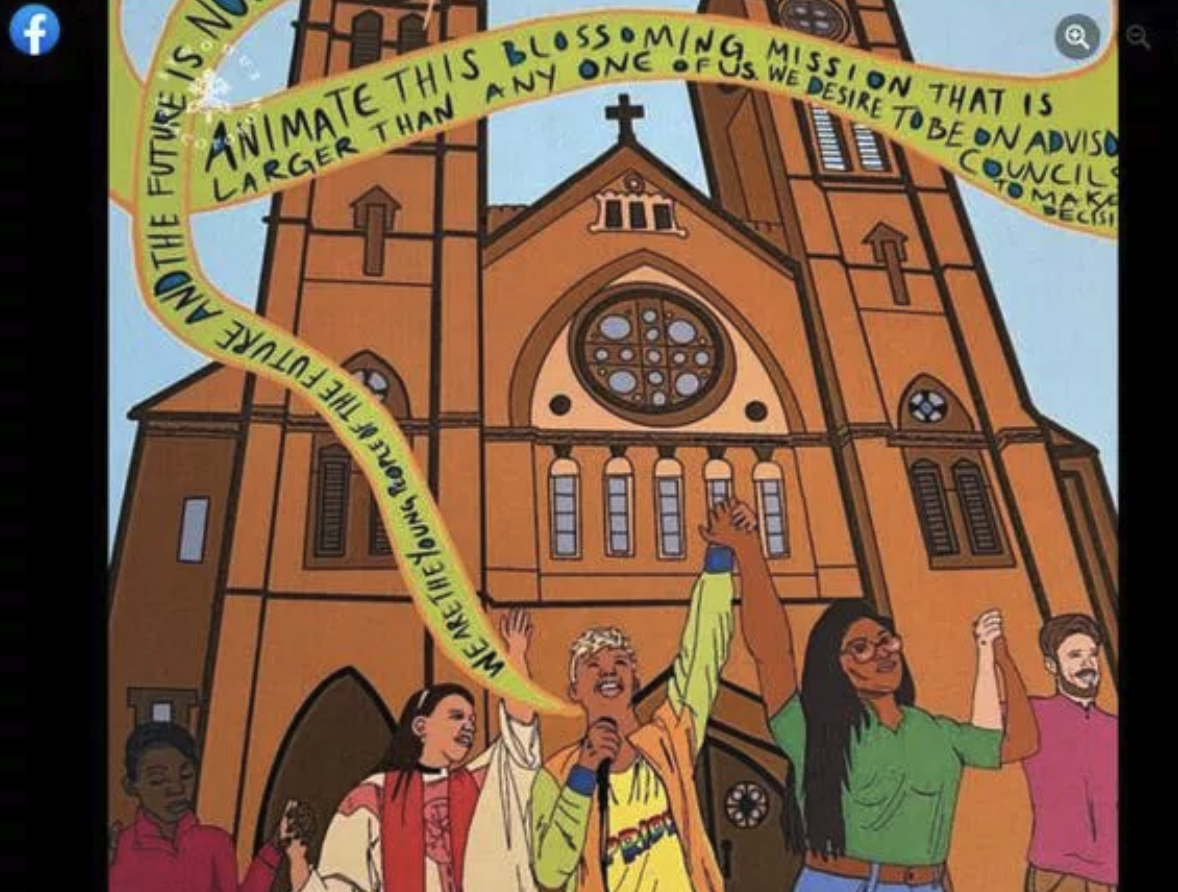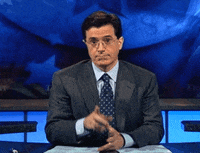QUESTION:
Does secrecy help the church? Does it work?
THE RELIGION GUY’S ANSWER:
This issue erupted in the news with the surprise decision by Pope Francis to clamp unusual strict secrecy upon the Synod of Bishops he has summoned to the Vatican this month. (The synod’s second and concluding session will occur a year from now). This indicates to church leaders the extent to which bishops are facing internal difficulties.
The media typically portray Francis as a relatively liberal pontiff. But it may not be coincidental that the pope’s native Argentina has a dicey record on journalistic and political freedoms. And Father Thomas Reese, who has observed Vatican Synods for decades, says “Pope Francis does not like the press, especially the western media, which, he believes, only writes about issues of concern to the Global North.”
True, western media — and their audiences — are especially interested in the ongoing sexual molesting scandals, women’s role in the church, LGBTQ+ concerns, Communion for divorced and remarried Catholics or shared with Protestants and proposals to end the celibacy mandate for priests.
All those controversies, and more, were part of the discussions leading up to this synod. That’s news.
Regular meetings of Synods are a new idea authorized in 1965 by the Second Vatican Council because the world’s bishops “share in the responsibility for the universal Church” along with the pope. For decades, these meetings have occurred behind closed doors but with informative press briefings and helpful explanations on the ongoing discussions from participants. Francis himself preserved this tradition at his four prior Synods.
Not now. On the eve of the meeting, Vatican regulations, reinforced in the pope’s opening address, directed delegates to say nothing about the discussions, including even what they themselves said. Moreover, the ban is in force perpetually after the Synod concludes (though a spokesman for the Holy See said violators are not under a formal threat of excommunication).
One result of closed doors is that outside interest groups affect news coverage of an event when the actual participants cannot.




